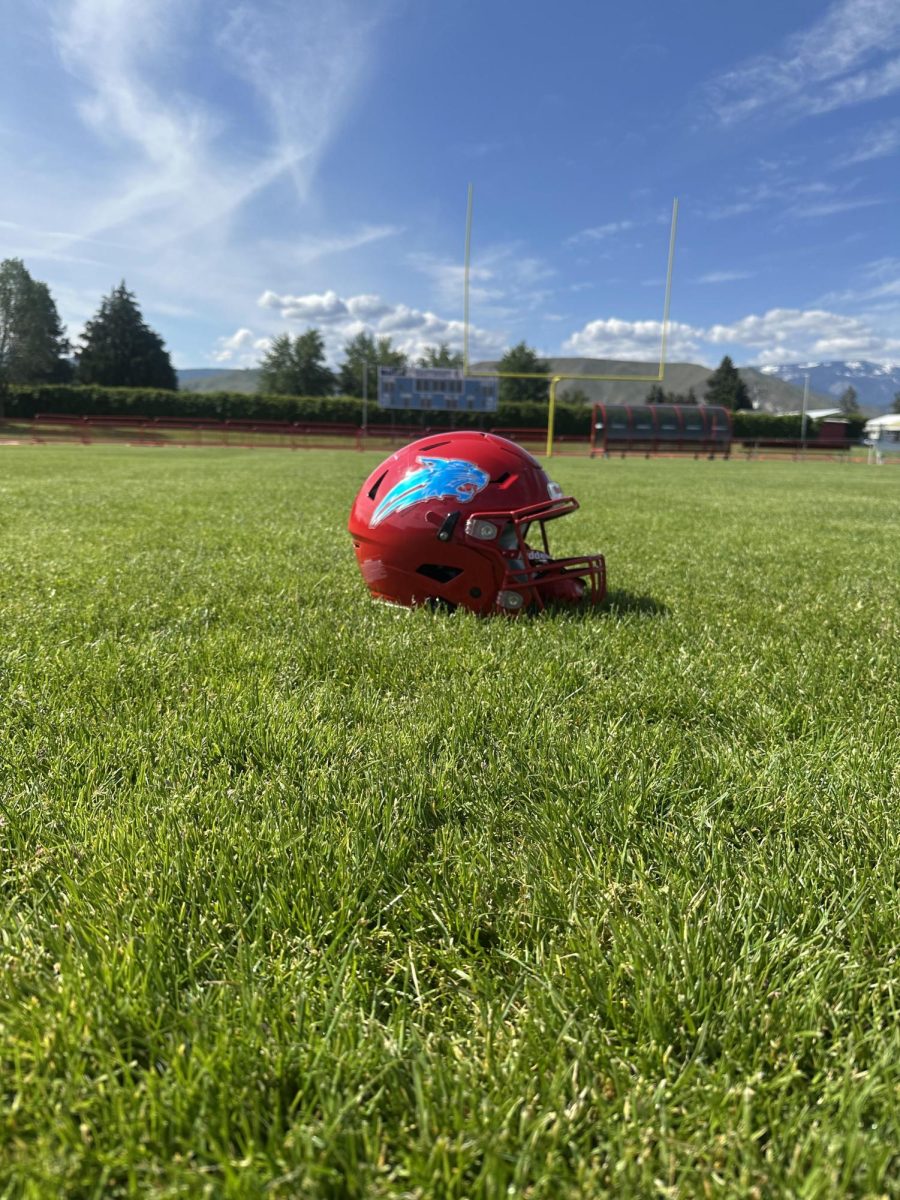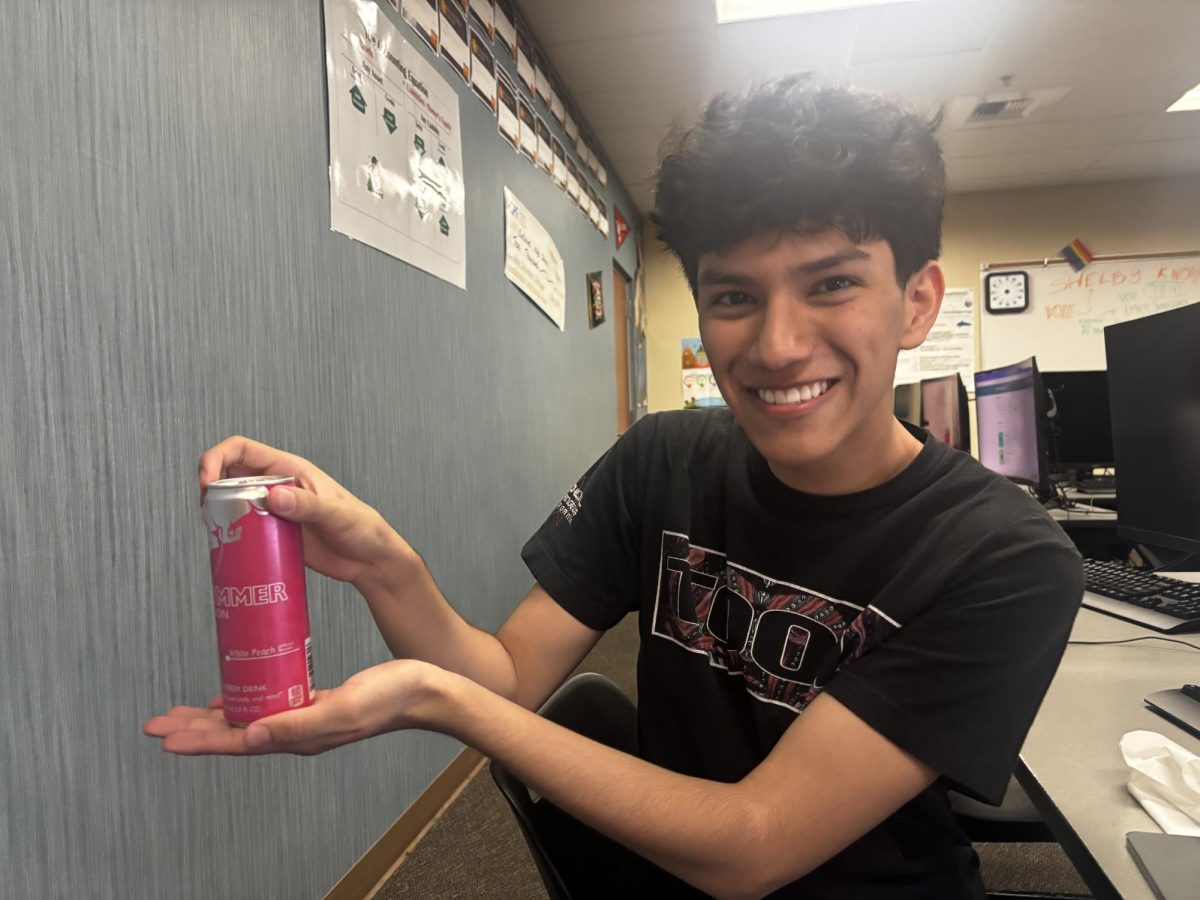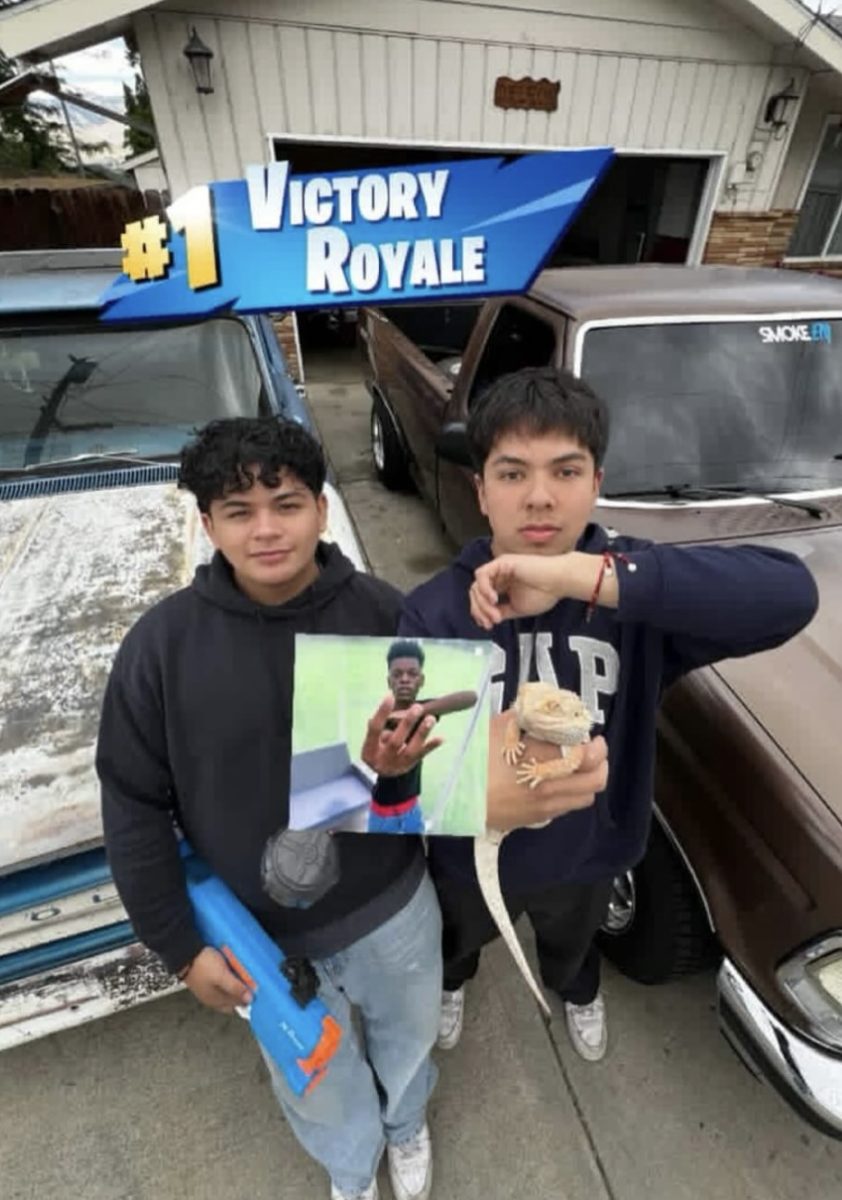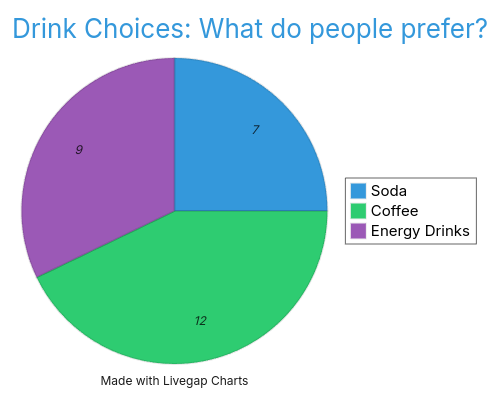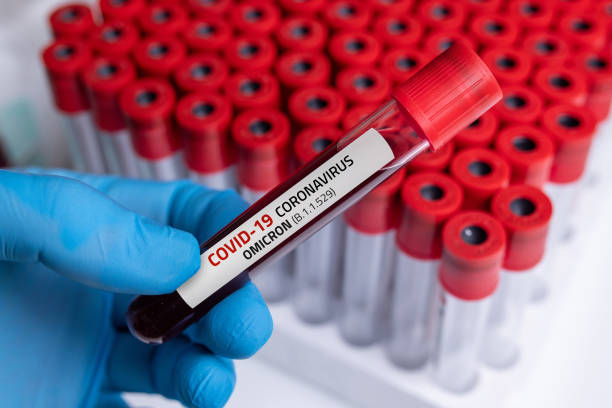Omicron
Doctor with blood sample of Covid-19 Omicron B.1.1.529 Variant and general data of covid-19 Coronavirus Mutations.
February 10, 2022
The Omicron variant of COVID-19 has been called a variant of concern by the WHO (World Health Organization). New variants like Omicron are a reminder that the pandemic is far from over.
It’s essential that people get the vaccine when available to them and continue to follow advice on preventing the spread of the virus. It is also crucial that vaccines and public health measures are accessible.
“Omicron is hitting when our health care systems already are short staffed and local health care workers are exhausted after dealing with pandemic conditions for two years”, CDHD Health Administrator Luke Davies said at a press conference.
Omicron has now been detected in most countries. The Omicron virus was detected in November 2021. It’s expected to lead to more hospitalizations. The Omicron variant is more contagious than all the variants.
“Omicron ruined the perfect comeback to normal,” says Eastmont Highschool Sophomore Diego Gutierrez.
Current vaccines offer protection against severe disease and death. When it’s your turn, make sure to get vaccinated. It’s very important to get both doses for higher protection. You should get vaccinated even if you’ve previously had COVID-19. While people who recover from COVID-19 may develop natural immunity to the virus, we don’t know how long it lasts or how well you are immune. People who are mixing socially and unvaccinated are more susceptible to contracting the Omicron virus.
The most important thing you can do to reduce your risk of exposure to the virus is to wear a mask that covers your nose and mouth, to make sure that your hands are clean when you put on and remove your mask, keep a physical distance of at least 6 feet from others, avoid poorly ventilated or crowded spaces, wash your hands regularly, and get vaccinated.












